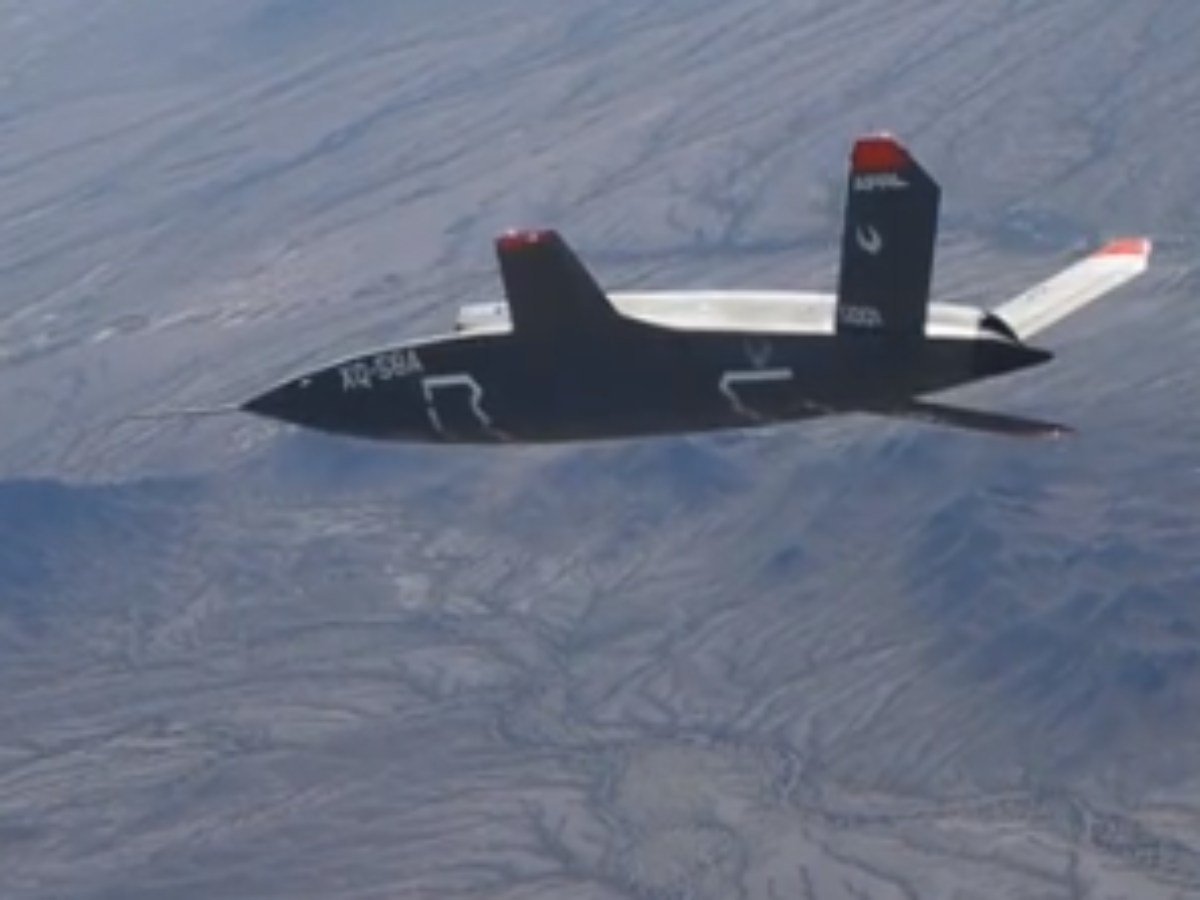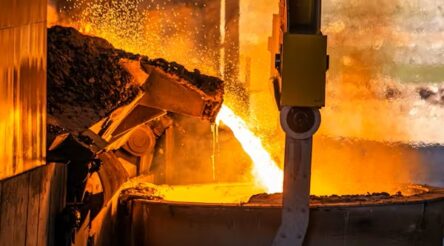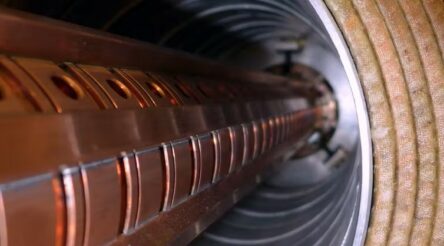Introducing our new editorial series – Equipping Australia’s armed forces

Today we launch our new editorial series – Equipping Australia's armed forces. In the middle of an boom in defence spending unprecedented in peacetime, domestic industry is stepping up to play its role. By Peter Roberts.
The federal government is on a buying spree – unprecedented in peacetime – to reequip our armed forces, and for the first time in living memory building Australian indigenous manufacturing capability is being seen as a critical factor in future national security.
While the purchase of the Collins class submarines was an early attempt to nurture Australian sovereign capabilities, it was not until 2016 that the Defence Department flipped its attitude from one of ‘local content' to one of investing in local capabilities and R&D and involving local companies at the early stages of procurement.
Elsewhere today, launching our series, the CEO of Nova Group Jim McDowell, argues that in spending $270 billion in equipment over 10 years, we should see sovereign defence capability as nothing less than Australian owned and operated.
Canberra has certainly deployed a suite of interventionist industry policies that are enabling SME manufacturers to invest in equipment and capability and create their own intellectual property – even if the vast majority of new kit being purchased is foreign.
Foreign companies are the main beneficiaries of Canberra's investments, though they are also investing in local production and making efforts to include Australian systems in their offerings, as well as helping local SMEs into their global supply chains.
CEO of the Defence Teaming Centre Audra McCarthy pointed to the Modern Manufacturing Strategy and the Defence National Manufacturing Priority Road Map as vital steps in creating a viable defence industry sector.
McCarthy told @AuManufacturing: “For the very first time, we are beginning to see a maturation of Australia’s manufacturing policy, where defence and the important role advanced manufacturing plays in delivering defence capability, is considered as part of Australia’s holistic manufacturing objectives.
“Australian industry is very innovative and agile.
“These are two traits that are highly regarded and important to defence, and which should be the differentiator for Australian industry trying to enter defence supply chains.”
Australia does boast a handful of companies that are Prime Contractors in that they offer whole systems rather than just components to global defence markets – shipbuilder Austal and defence, space and communications group Electro Optic Systems are the leaders here.
But the new approach has also seen a blossoming of consortia of SMEs embarking on ambitious collaborations that aim to produce entire systems for defence.
Leaders here include the C4EDGE consortium of more than 22 small businesses led by EOS Defence System which will deliver a demonstration of Australian industry capability of command, control, communications and computing technology later this year.
But there are question marks over the government's ability to control its massive spending, as well as its inflammatory rhetoric that the ‘drums of war are beating', an unneeded reference to China.
The Auditor-General has raised concerns over the cost of some domestic programs, while some of the purchases themselves are risky as they come at a time of unprecedented technological change.
For instance we have ordered 75 new imported main battle tanks at a cost of $2 billion just when smaller autonomous systems are coming to the fore, and may even render obsolete tanks themselves.
This is especially so as our existing M1A1 tanks are barely used, and only this week were landed ashore for the first time by an Australian amphibious operation during Exercise Sea Explorer.
Again local companies are answering parts of the autonomous system question.
Boeing Defence Australia has developed and flown the Loyal Wingman unmanned jet (pictured) which will fly in company with the F-35 joint strike fighter, allowing that expensive system to keep out of harms way acting while as a communications and control node.
Whatever the strategic environment, there is no doubt that Australian defence industry is well down a new path, and is increasingly capable of playing its part in Equipping Australia's armed forces.
@AuManufacturing is indebted to sponsors Thermo Fisher Scientific which has generously supported the development of this series.
Thermo Fisher Scientific is a leader in scientific instrumentation, reagents and consumables with annual revenue of more than $30 billion. Its extensive range of products are accelerating life sciences research, solving complex analytical challenges, improving patient diagnostics and therapies and increasing productivity in manufacturing and defence laboratories.
@AuManufacturing’s editorial series – equipping Australia's armed forces – is brought to you with the support of Thermo Fisher Scientific.
Picture: Boeing Defence Australia/Loyal Wingman
Subscribe to our free @AuManufacturing newsletter here.
Topics Analysis and Commentary Defence
@aumanufacturing Sections
Analysis and Commentary Awards casino reviews Defence Gambling Manufacturing News Online Casino Podcast Technology Videos






